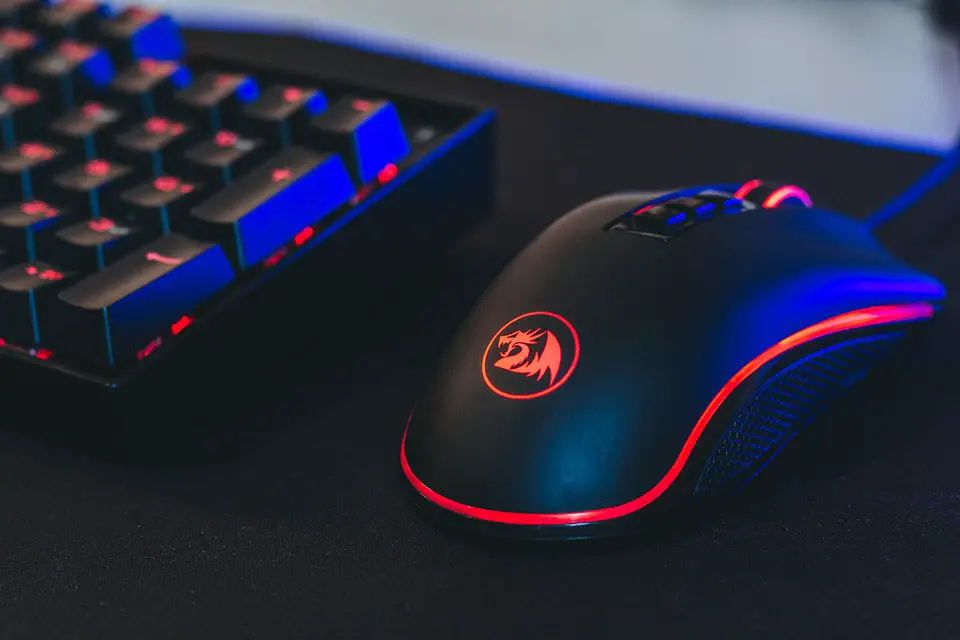AI has witnessed a massive boom over the years. From manufacturing to predicting stock prices to creating self-driving cars, the technology caters to every field one can imagine. Another field where there’s a huge potential for AI is the video gaming industry. Whether it’s fighting games, shooters, or strategy games, all have AI-centric features. Modern-day video games have become so advanced that AI has found extensive usage in game design and upgrading the in-game experience. We’re not talking about non-playable characters like bots and in-game non-playable characters, the focus here is on actual AI algorithms that play video games just like a human when they interact with the game.
AI in video games isn’t just supposed to play video games. It’s the whole gaming environment for which AI algorithms are created to test and try new things. Eventually, these results are then applied to real-life scenarios or in the new research. The goal of AI is not about beating humans at video games, but about finding new alternatives and methods to navigate complex gaming environments. The use of AI can significantly improve the safety and security of online games where money is involved like casino games or jackpot slots. Put simply, it’s about teaching collective intelligence, something attributed to humanity’s success as a species.
One of the AI techniques extensively used in video games is machine learning, or more specifically, reinforcement learning. Reinforcement learning is a form of machine learning where an agent is taught how to behave in an environment by performing an action and receiving feedback. It’s a kind of machine learning similar to the way humans or dogs learn during their early years.
An action is initiated following which feedback is received, whether positive or negative, and a conclusion is reached based on the feedback whether the action was positive or negative.
Similar ideas are also used by video game developers. For instance, imagine a computer has to play a video game with a controller. The system has no idea what to do, but it can perform a set of actions. If it moves forward and dies, it does not receive any reward. However, if it moves to the right and does not die, the environment rewards the system. Therefore, a machine understands that moving forward is not the way to go as it does not reward the system. From this, the machine can deduce that moving right is better than moving forward.
AI and Video Games go hand in hand
Video games have become so popular among AI researchers simply because video games have the potential to mimic real life. From the basics of actions in Mario such as moving forward and performing actions to evade obstacles is not much different from our everyday lives. And modern games take this simulated environment to another level. For instance, researchers have used Grand Theft Auto to test self-driving cars. It’s easier for researchers to test algorithms in the game as traffic rules, roads, and car physics are already coded. Games like GTA mimic real life in such a way that they can be used to generate data that’s comparable to data generated using real-world imagery.
Video games are designed in a way that they mimic real life by creating algorithms that ultimately result in an enhanced gameplay experience. For instance, modern-day AAA titles allow players to interact with the game’s virtual world in such a way that the choices they make will have consequences. For instance, multiple games now feature more than just one ending based on the decisions you’ve made. The idea here is to build a sense of realism as the choices you make have an impact on how things play based on the decisions you’ve made. The goal here creates an experience that engages and stimulates players in ways that are similar to real life.
Conclusion
Since the early days of gaming, developers have been programming games in a way that it pretends like a human. The idea is to create an advanced program that offers an immersive gaming experience, something which emulates real life.
To sum it up, AI and gaming can test the limits of computer algorithms and provide the perfect platform to test an AI application in real-life scenarios. Besides, video games are a great way of teaching AI algorithms as most games are built on gradual progression, just like in real life. Most games start with relatively easy difficulty but gradually throw players into tougher challenges as the game progresses. Therefore, AI and gaming have a symbiotic connection. Machine learning allows algorithms to learn to play games the same way as humans – by trial and error and improving skills with each subsequent level.








